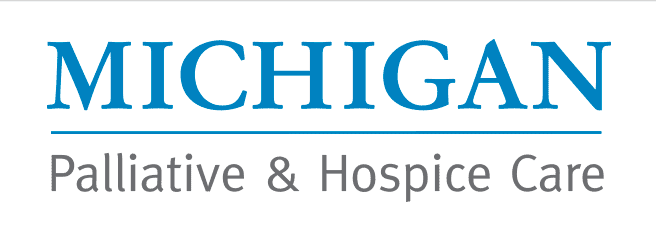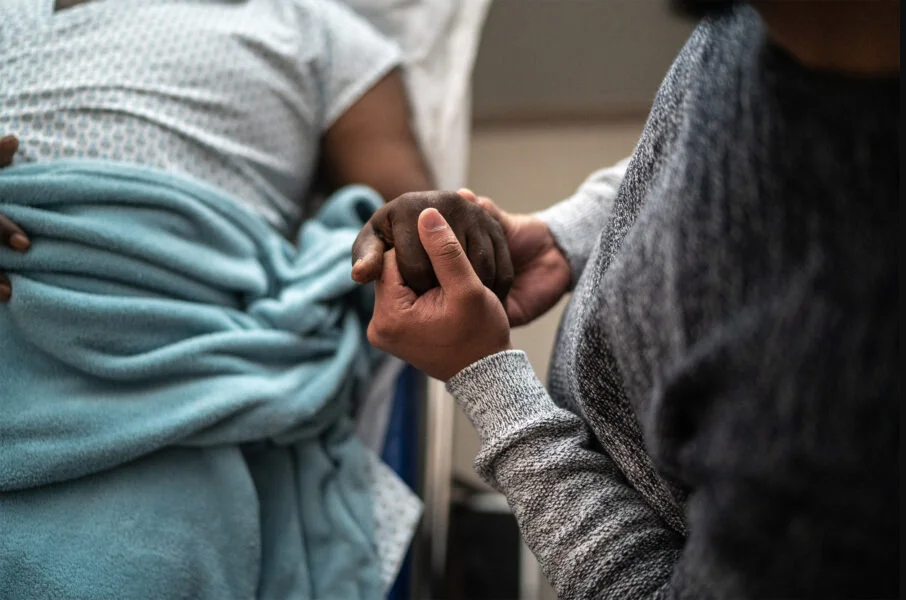MPHC Blog
Words from Our Medical Director:
“Although hospice service touches millions of lives each year—whether as a patient, a family member, or a caregiver— it’s a topic that many of us are uncomfortable talking about… And when we do talk about it, misconceptions abound. Compounded by a lack of easily-accessible resources for patients and their families, these problems can make one of the most challenging times of people’s lives even harder. By illuminating the issues surrounding hospice service and correcting the misconceptions that may keep people from seeking it out in the first place, we’re changing the conversation around end-of-life-care.”
Patients, in Dr. Akhtar’s view, go to hospice not to die— but to live and enjoy their remaining life, while letting the hospice team take care of their medical problems. And although the individual plan of care is tailored to each hospice patient, the overarching goal of that care is always the same: to improve the quality of life for both the patient and their family.
“In my opinion,” Dr. Akhtar says, “hospice care is often not given the consideration and importance it deserves. No one wants their loved ones to spend their last moments in discomfort and distress. Hospice service not only helps to mitigate any unnecessary suffering, it ensures a greater quality of life for our loved ones.”
Spiritual Care is the Heart of Hospice Care

Words from our Spiritual Care Counselor/Bereavement Coordinator:
Thomas Kostrzewa, MA
From its modern beginning to the late 1960s, hospice care has viewed the people it cares for holistically. Hospice believes that there is more to a person than just a body with symptoms that need to be treated. Rather, it realizes that we care not only a person physically, but also emotionally and spiritually. As such, hospice pioneered the idea of the interdisciplinary team (IDT). The IDT consists of a medical director/doctor, nurses, home hospice aides, medical social workers and chaplains. The team meets every other week and is in contact with each other on a daily basis. Hospice places a special focus on the social dimension to lives of our patients as well as their loved ones. We provide ongoing support to those who are caring for the patient, not only while that patient is on hospice, but following their death with thirteen months of bereavement support.
Spiritual care is the hospice discipline that really helps tend to a person’s spirit. By “spirit,” we mean more than just religious practices like prayer and assurances of faith. At its best, spiritual care tends to that part of a person where our personal meaning and value occur. The chaplain provides a space for patients to reflect on their lives, a place to voice worries and concerns, joys and disappointments – as well as a look and hope for what awaits us on the other side of death. Mostly, hospice chaplains listen.
When I first started doing hospice work, I thought that people would talk to me about their relationship with God, their prayer life, or their religious practices. Much to my original surprise, they were much more interested in talking about their kids and especially grandkids. When asked, they were more than willing to talk about their lives as wives and mothers, husbands and fathers, their own upbringing, their extended family – and all the joys and struggles that have gone into making them who they are at this point. It eventually occurred to me that listening to patients on their journeys to “finding the meaning of life” was central to what we do as chaplains.
Spiritual care doesn’t just look at the past, it helps patients and their families look at this present moment. For patients, it’s often accepting their diminishment and death. For families and caregivers, its assisting them in finding meaning and value in caring for their loved one.
Spiritual care looks to the future, too. What does this patient hope and believe about life on the other side of death? I have often enjoyed visiting with people who are Agnostic or don’t believe in life after death. Since I do, I often joke with them that either they are going to be surprised that there is something, or I’m going to be surprised that there isn’t.
Part of the role of the chaplain is to support what has been working in a person’s life. That usually includes an opportunity for a prayer of some sort. I always ask our patients and/or their family, “What should we pray for today? What do you feel you need from the Lord?” Whatever it is, even if it’s something like “I want to get better,” we pray for that. It’s an honest prayer and needs to be respected.
The other aspect of spiritual care is to try and relieve any sort of “spiritual distress” someone might have. Spiritual distress often takes the form of questions like: “Why hasn’t God taken me yet? or “I am such a burden to my family” or “I’ve lived a good life. Why is God punishing me?”
Those are difficult questions, with no easy answers. As such, they desire an honest answer. That usually sounds like “I don’t know, why God hasn’t taken you yet” or “I’m wondering if anyone is complaining about taking care of you,” or “Can you tell me more about why you think God is punishing you?” I then confess that if I knew the answers to these questions, I would write a book, it would be a best seller, I would be on talk shows on TV and the radio and would make enough money to retire to Hawaii.
Being a hospice chaplain has been one of the greatest gifts in my life. I am continually honored that people invite me into their homes to help care for them during this time in their lives. I’m honored to be able to listen to people as they make sense of and validate the dignity and worth of their lives. I am blessed to be allowed to “be” with them as they face the ambiguities, questions and fear that they might have. I am especially blessed to be able to pray with and provide spiritual comfort and support to our patients and their families.

